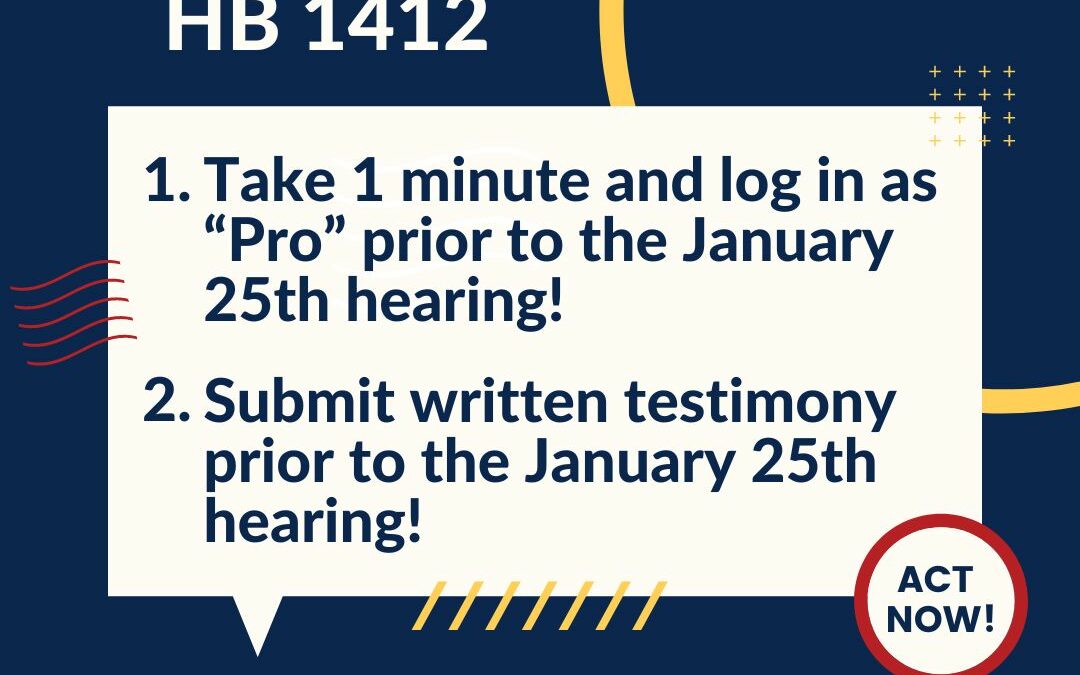HB 1412: Opening up Opportunities for Relief from LFO Debt
January 25 @ 3:30 pm in the House Appropriations Committee
The (third substitute) HB 1412 provides individuals with new and necessary opportunities to seek relief from LFO debt if they are unable to pay. The bill allows courts to waive or reduce restitution amounts owed to state agencies or insurers, if the individual lacks the ability to pay. The bill also eliminates the currently mandatory Victim Penalty Assessment (VPA) and DNA collection fee, replacing those LFOs with state funding. The bill also reinstates a statute of limitations on the courts’ jurisdiction to collect LFOs, which would provide finality to criminal sentences and the opportunity for community members to move past their convictions. The bill also contains provisions that allow people who are incarcerated to ask the court for relief, allowing them to focus on successfully reintegrating into the community.
What you can do to support:
- Take 1 minute and log in as “Pro” prior to the Jan. 25th hearing! Click here and fill in your information. This is an easy way to support that only takes a second! You have until 2:30 pm on Jan. 25 to sign in!
- Submit written testimony prior to the Jan. 25th hearing! Click here and tell the Appropriations Committee why you support Opportunities for Relief from LFO Debt!
- Sample message: “Dear Chair Ormsby and members of the Appropriations committee, please support Third Substitute House Bill 1412, concerning relief from legal financial obligations. This bill expands judicial discretion by allowing courts to waive certain LFOs and interest for people who are poor and lack the ability to pay and can show evidence of indigence. This bill is fiscally responsible because, rather than mandating waiver or reduction of LFOs, the bill simply opens the door for individuals to seek waiver before a judge if they lack the ability to pay. Only people who cannot pay will see these LFOs go away, causing minimal impact to budgets. Thank you for supporting this incredibly important piece of legislation. Sincerely, (YOUR NAME).”

Recent Comments